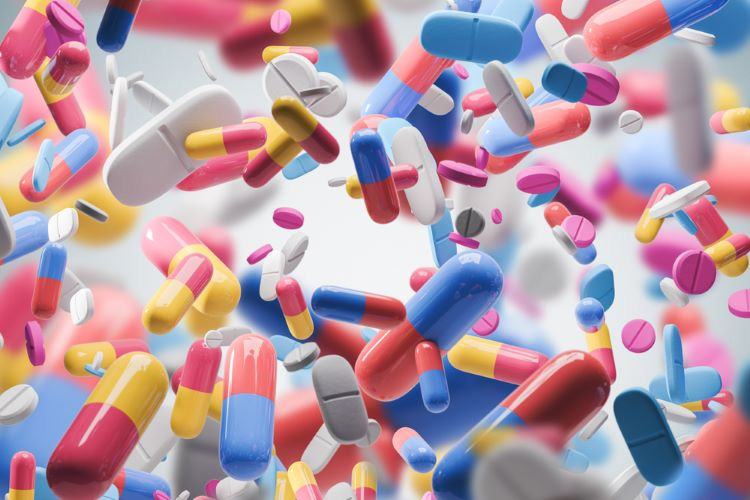New Delhi, Jun 3: The government has banned 14 fixed dose combination drugs including Nimesulide and Paracetamol dispersible tablets and Chlopheniramine Maleate and Codeine syrup citing there is “no therapeutic justification” for these medicines and that they may involve “risk” to people.
The Union Health Ministry issued a notification on Friday in this regard.
The banned drugs included those used for treating common infections, cough and fever — combinations such as Nimesulide + Paracetamol dispersible tablets, Chlopheniramine Maleate + Codeine Syrup, Pholcodine +Promethazine, Amoxicillin + Bromhexine and Bromhexine + Dextromethorphan + Ammonium Chloride + Menthol, Paracetamol + Bromhexine+ Phenylephrine + Chlorpheniramine + Guaiphenesin and Salbutamol + Bromhexine.
The move comes following recommendations by an expert committee. The expert committee said that there is “no therapeutic justification for this FDC (fixed dose combination) and the FDC may involve risk to human beings. Hence, in the larger public interest, it is necessary to prohibit the manufacture, sale or distribution of this FDC under section 26 A of the Drugs and Cosmetics Act, 1940. In view of the above, any kind of regulation or restriction to allow for any use in patients is not justifiable.” “And whereas, on the basis of the recommendations of the Expert Committee and the Drugs Technical Advisory Board, the Central Government is satisfied that it is necessary and expedient in public interest to regulate by way of prohibition the manufacture for sale, sale and distribution for human use of the said drug in the country,” the notification stated.
FDC drugs are those which contain a combination of two or more active pharmaceutical ingredients (APIs) in a fixed ratio.
In 2016, the government had announced the ban on the manufacture, sale and distribution of 344 drug combinations after an expert panel, set up at the behest of the Supreme Court had stated they were being sold to patients without scientific data and the order was challenged by the manufacturers in court. The currently banned 14 FDCs are part of those 344 drug combinations. (Agencies)
Trending Now
E-Paper


